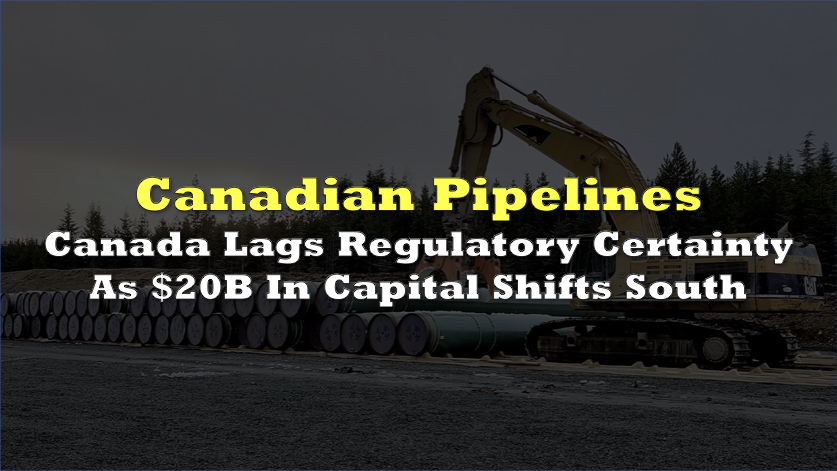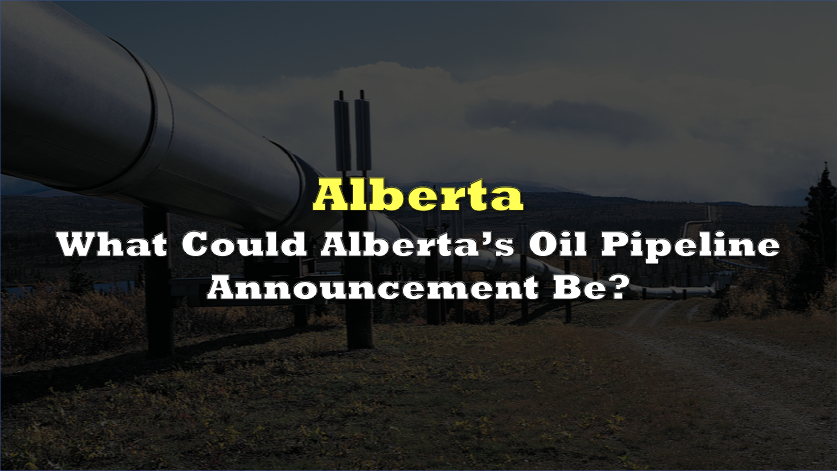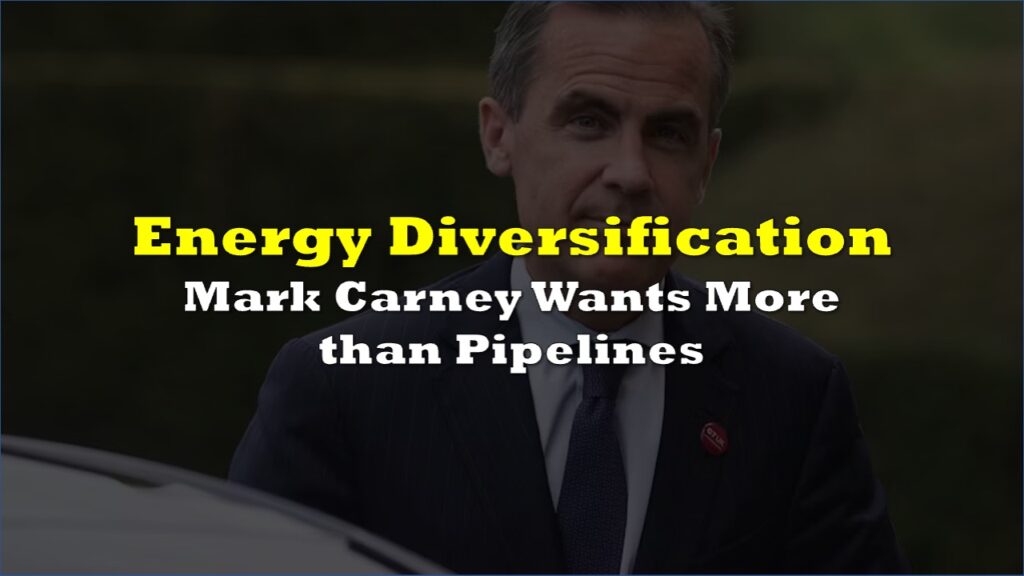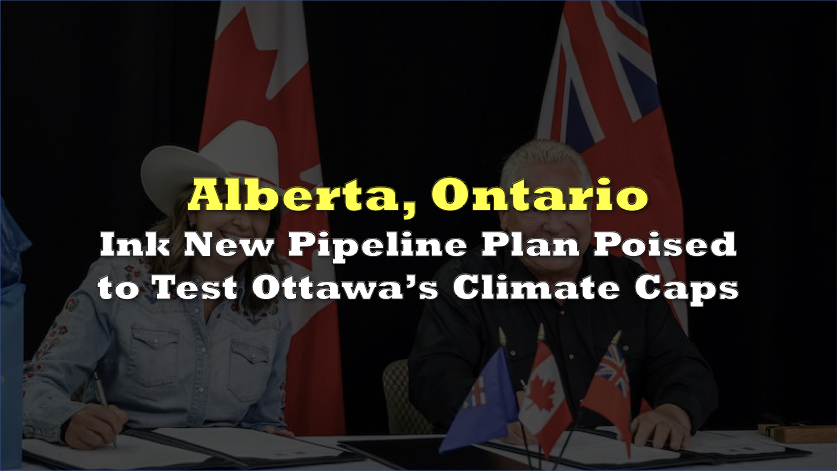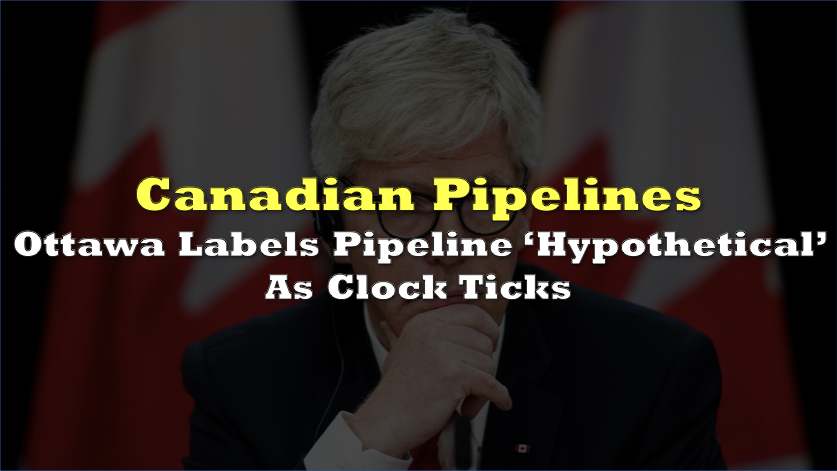Canada is falling behind on regulatory certainty, industry voices told Ottawa, pointing to capital moving to south of the border and pipeline timelines that stretch around a decade.
“In the last 120 days, Canadian-based companies have announced more than $20 billion in capital investment in the United States,” Alberta Premier Danielle Smith said, underscoring that Alberta remains committed to a 2050 net-zero economy.
Trevor Ebl, president of Canadian natural gas pipelines at TC Energy, said the investment gap is driven by risk and clarity.
“TC Energy and other publicly traded companies, we have responsibilities to their shareholders to invest for the lowest risk and highest returns,” he said. “Unfortunately, there is a gap in the returns and a gap in the regulatory certainty. Canada is falling behind on both these fronts.”
Ebl contrasted TC’s Coastal GasLink in BC with the company’s Southeast Gateway project in Mexico. He said both are major natural gas pipelines of similar length yet the outcomes diverged sharply. Coastal GasLink took about 10 years from prospecting to in service while Southeast Gateway came online in May after less than three years, including only eight months from permit submission to the start of construction.
Smith argued that federal rules are compounding uncertainty and pushing projects and dollars abroad. She cited the proposed emissions cap, a ban on large oil tankers off the BC coast, and clean electricity regulations as constraints that should be repealed.
“We do know we need to get to carbon neutral by 2050 and we have a plan to do that,” she said.
Ottawa has positioned the Building Canada Act, which became law in June, as a partial fix. The act empowers the Calgary-based Major Projects Office to identify projects in the “national interest” for faster approvals, potentially including exemptions from certain environmental laws. The government has issued guidance for how candidates might be chosen, yet it has not clearly defined what “national interest” means.
Conservative MPs backed the legislation but warned that selective fast-tracking is not a solution if the underlying system remains slow.
“This is a workaround process. Instead of fixing all those fundamentals, that by its name ‘Building Canada’ admits blocks building, they’re doing this temporary workaround process,” said Alberta MP Shannon Stubbs. “So this gives no permanent certainty for investor confidence and proponents who want to build major projects.”
Prime Minister Mark Carney said Canada will unveil a new climate competitiveness strategy when the government tables its first budget on November 4. According to prior comments summarized for MPs, the plan will focus on results with an emphasis on the economy.
Information for this story was found via Western Investor and the sources and companies mentioned. The author has no securities or affiliations related to the organizations discussed. Not a recommendation to buy or sell. Always do additional research and consult a professional before purchasing a security. The author holds no licenses.

